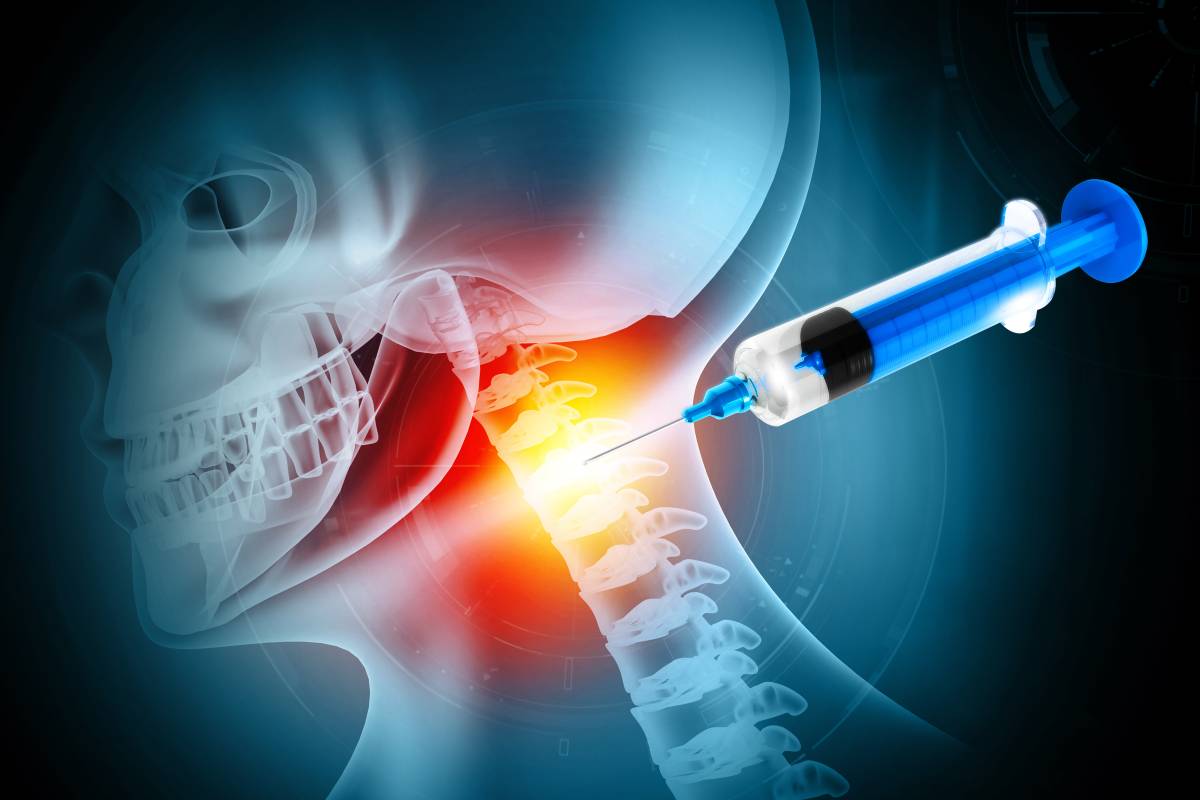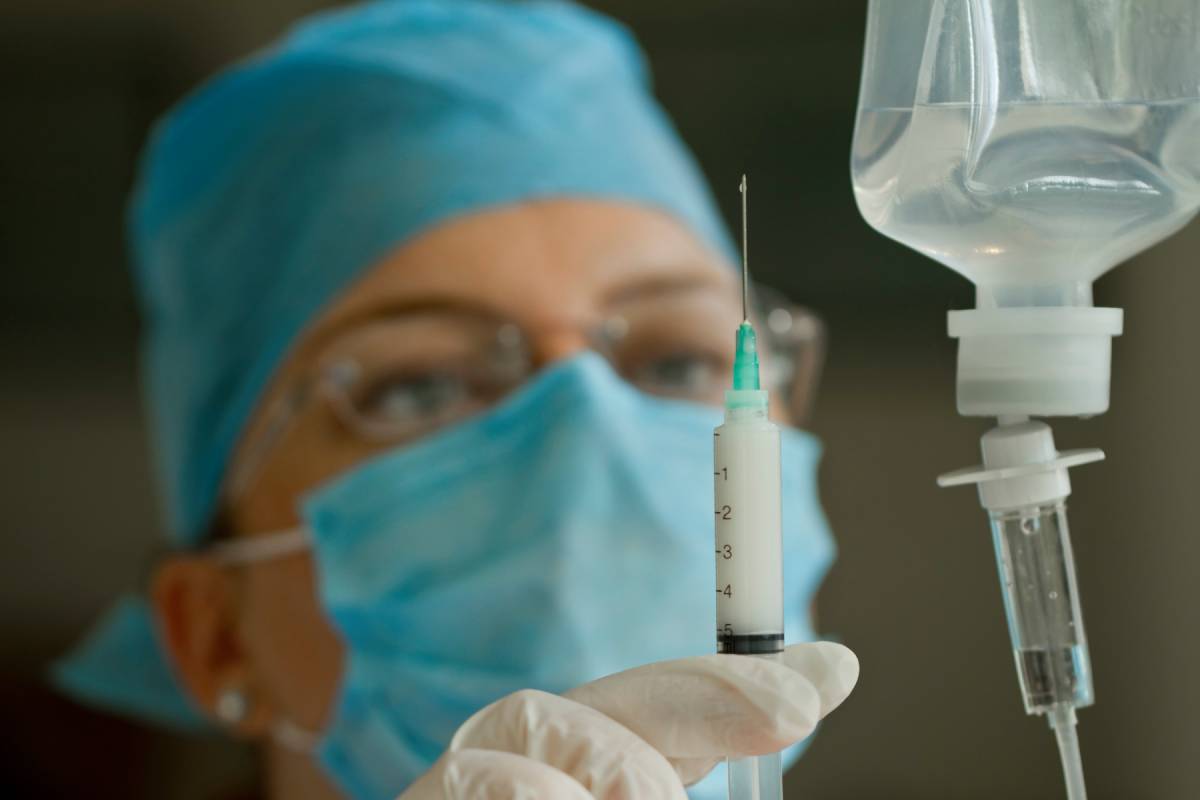What to Eat After Anesthesia
Anesthesia is a common medical procedure that puts a person to sleep temporarily. It is commonly used during surgery and other medical procedures. After the procedure, it is important to pay close attention to your diet to ensure a smooth recovery. This article provides some guidelines on what to eat after anesthesia. However, these guidelines should not be taken as a replacement for individualized medical advice from your doctors.
1. Start with clear liquids
After anesthesia, your digestive system may be temporarily disrupted. It is important to start with clear liquids, such as water, clear broth, or apple juice. These will help rehydrate your body and get your digestive system working again.
2. Gradually progress to solid foods
As your body begins to recover, you can reintroduce solid foods into your diet. Start with easy-to-digest foods like yogurt, oatmeal, and bananas. Avoid foods that are difficult to digest, such as fried or spicy foods.
3. Eat small, frequent meals
It is best to eat small, frequent meals instead of large, heavy meals. This will help your digestive system process the food more easily and prevent nausea or vomiting. One of the common side effects of many anesthesia drugs is nausea and vomiting.
4. Stay hydrated
It is important to stay hydrated after anesthesia. Drink plenty of fluids throughout the day, including water, herbal tea, and broth. Avoid caffeinated and alcoholic beverages, as they can dehydrate the body. Though your procedure may have been short, or you may have received IV fluids, surgery and anesthesia are still stressors for the body, and it is important to be cautious as you return to baseline.
5. Avoid certain foods
After anesthesia, there are certain foods you should avoid or limit to reduce the burden on your digestive system. For example, avoid foods that are high in sugar or fat, as they can slow down your digestive system. Avoid carbonated drinks, as they can cause gas and bloating. Additionally, avoid foods that are hard to chew or swallow, such as tough meats and raw vegetables.
6. Follow your doctor’s instructions
Your doctor will provide you with specific instructions on what to eat after anesthesia. The most important guideline is to follow these instructions carefully to ensure a smooth recovery. If you have any questions or concerns about your diet after anesthesia, be sure to discuss them with your doctor.
7. Consider a balanced diet
A balanced diet is important for overall health. In general, focus on eating a variety of fruits, vegetables, whole grains, lean protein, and healthy fats. These foods will provide your body with the nutrients it needs to function at its best.
In summary, what you eat after anesthesia is important for a smooth recovery. Start with clear liquids and gradually progress to solid foods. Eat small, frequent meals and stay hydrated. Avoid foods that are difficult to digest, and most importantly, follow your doctor’s instructions.
More From The Blog

Neuraxial Anesthesia in the Cervical Spine
Neuraxial anesthesia, encompassing both spinal and epidural anesthesia, is typically reserved for surgeries involving the lower abdomen, pelvis, and lower extremities to avoid impairment of

Propofol in Anesthesia: Uses and Mechanism
Propofol is a widely used anesthetic agent known for its rapid onset and short duration of action. It plays a crucial role in modern anesthesia